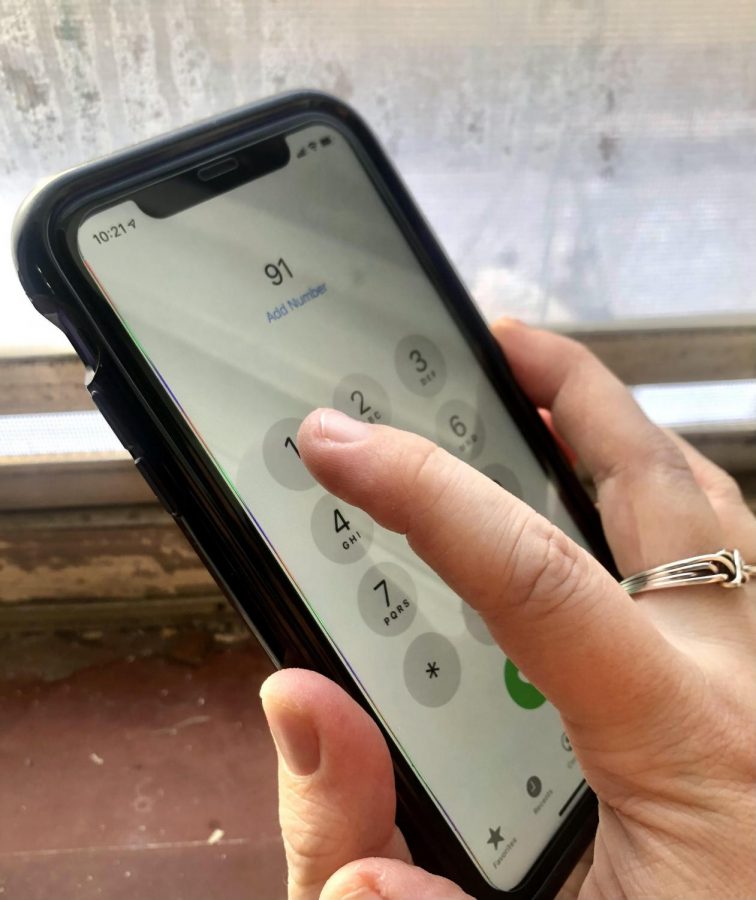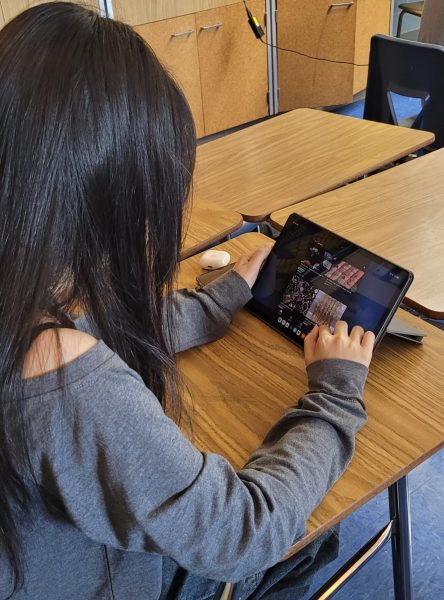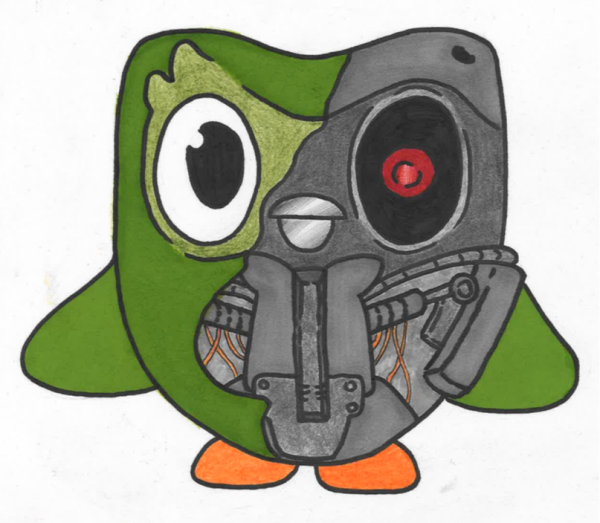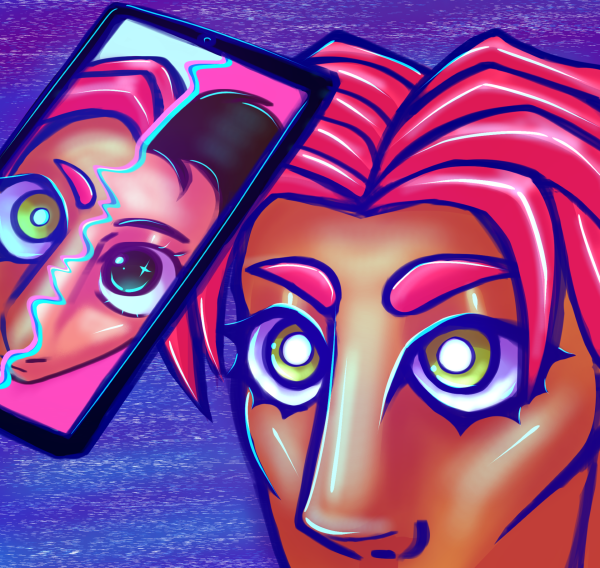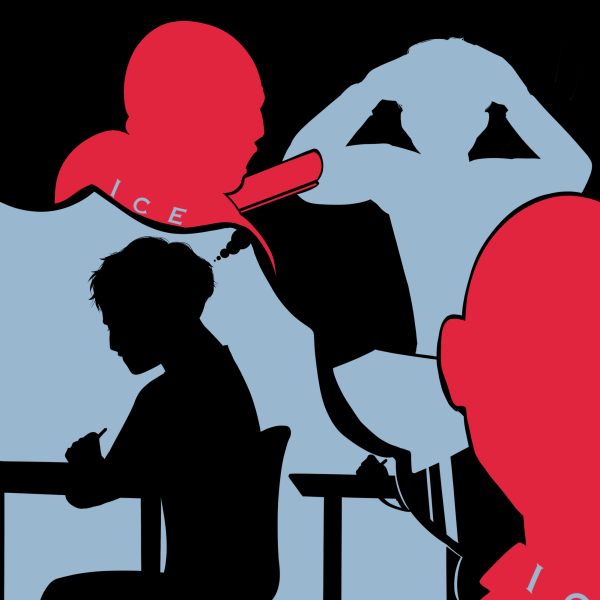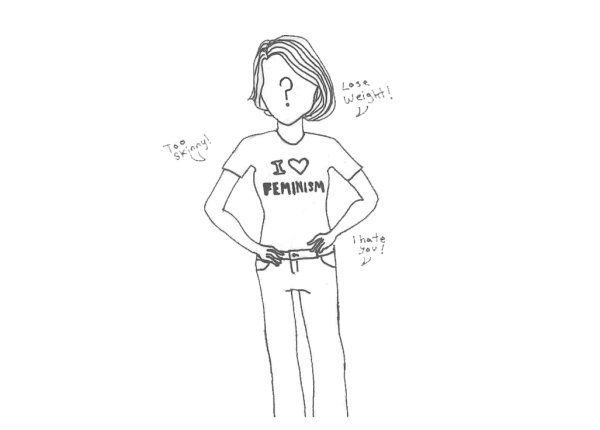911 alternatives offer de-escalation by trained professionals
When dialing for emergency services, many citizens remain concerned about armed officers being the first to respond.
Police officers are here to ensure that our neighborhoods are safe and that civilians are protected, but sometimes their efforts are questioned. There have been too many cases of police officers responding to calls and killing unarmed people, such as George Floyd and Breonna Taylor, in the process. Men and women of color, specifically Black men and women, have been killed at the hands of white officers for so long, many worldwide movements were created. Americans have questioned police officers’ intentions for a long time, but lately, the conversation has shifted to alternatives. Is there any way someone can call 911 for help and not worry about an armed officer arriving on the scene?
In the United States, the origin of police officers starts in the late 1600s and early 1700s. There were the night watch and the Slave Patrol, who largely used their powers to control Native Americans and enslaved people, respectively. Night watches were largely relegated to New England, and were made up of white men who would be on crime control. They would make sure there were no fires started and handle any other problems that could arise. In the southern states, it was called Slave Patrol, and the constables helped wealthy landowners make sure all runaway slaves were controlled and caught. Because these groups were local, the systems quickly became problems as populations grew and many people moved to live in cities for employment. The solution was modern day police departments, with the first one being created in Boston, MA.
Despite the upgrade, these modern police departments are only truly beneficial to white men. Not all cops start out bad, but the system they continue to support everyday is. There have been countless examples of higher policing in minority communities and many unjustifiable deaths. Earlier last year in March, Breonna Taylor was killed when plainclothes officers came into her home in a botched raid and fired 32 shots, six of them hitting and killing Breonna Taylor. It was proven once again that the justice system was flawed, as one cop got fired and charged for endangering the neighbors, but no one was charged for Taylor’s murder.
In October, Walter Wallace Jr. was killed during a manic episode. He was diagnosed with bipolar disorder, and the police were familiar with his situation. His family had called 911 for an ambulance to help him, but instead armed officers showed up to his home. When he walked towards them with a knife in hand, the officers shot and killed him in front of his family. The city protested because they believed the situation could have been dealt with without the fatal shots. If the police officers had someone there to help them, they could have talked down Wallace Jr. and taken him in alive.
If the Wallace family had emergency mental health professionals who could be called in, they would be in a different situation now. Mental health professionals would have been better equipped to help someone dealing with a manic episode. What if the average American had access to emergency addiction or homelessness counselors, instead of officers arresting them and releasing them the next morning? Professionals could connect a person in need with resources that can help them immediately instead of having the cops called on them numerous times.
According to The Center for American Progress, about 33 to 68 percent of police calls can be handled without sending an officer with a gun. Times when an armed officer is not needed, with cases such as homelessness, addiction or mental health problems, trained professionals can be sent in to de-escalate the situation.
“I believe that people would be more comfortable receiving help and giving help to police alternatives,” Jamaad Gure (12) said.
Just the presence of a cop or even a cop car could escalate the situation, especially when it’s someone who has a mental health problem, or in communities that have bad relations with law enforcement. In cases such as reporting a burglary or a car crash, cops are not needed if all that needs to be done is a report for insurance purposes.
In cities across the country, such St. Paul and Minneapolis, commissions and other groups are working together to implement community responders, people who are trained to respond to 911 calls about nonviolent problems. In the city of St. Paul, a public safety committee was established to come up with solutions on how to respond to 911 calls without armed officers. In Minneapolis, city council members are suggesting and trying to implement guidelines for dispatchers to send out mental health professionals to deal with 911 calls about nonviolent people suffering from mental health problems.
These alternatives to armed officers could be very beneficial for everyone because cops are not trained to solve our everyday problems—they are taught to enforce the law and make sure the community is protected. But their training does not enable them to help people with addiction and mental health issues, often leaving their struggles unsolved and leading to repeated calls.
With 911 alternatives, police officers could catch more criminals instead of answering calls they’re unequipped to handle. In the cities of Eugene and Springfield, Oregon, a system has been used since 1989 called CAHOOTS, short for Crisis Assistance Helping Out On The Streets. They send out trained emergency medical workers, and trained mental help professionals to solve problems. It has saved the city millions of dollars and countless lives in the process, and is a model that could and should be adapted nationwide.
Because so many specific situations can be resolved by trained professionals like social workers, we should have them be an option for who can help when we call 911. Americans should be able to call the police without fearing for their lives or the lives of others and any outcomes that can occur. It would take a brand new system and some time to get used to it, but lives could be significantly changed for the better if we were to change the protocol of our outdated emergency response system. Deaths caused by police would decrease rapidly, and it would provide adequate resources for citizens around the nation.
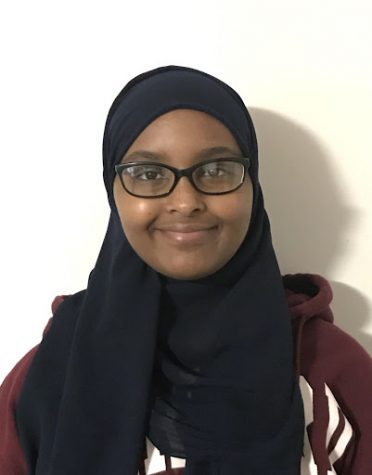
Yasmin Mohamed is a senior at CHHS and a staff writer for The Heights Herald. She enjoys journalism because she loves keeping up with the latest news and...
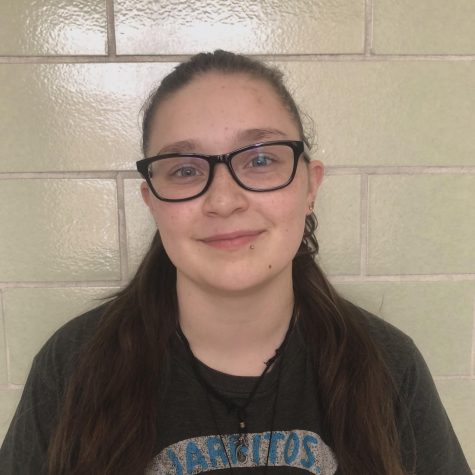
Sage Houts is a senior at Columbia Heights high school. She is lead photographer and Taste Editor for the Heights Herold.


